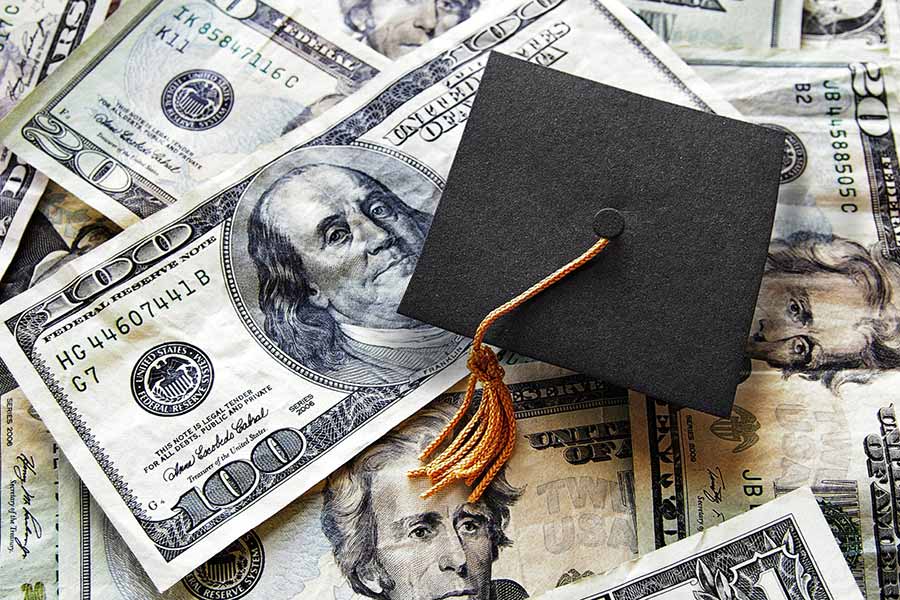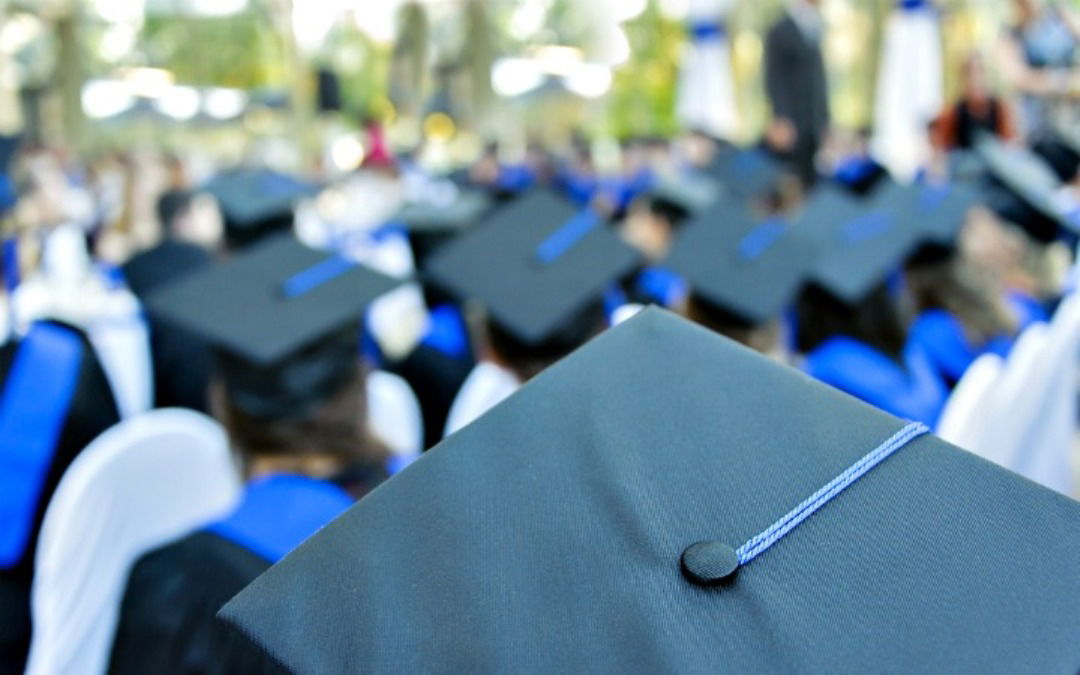Defaulting on student loans can derail your finances fast. It tanks your credit score, puts your paycheck and tax refund at risk, and can even make it harder to rent an apartment or get hired.

Whether you’re struggling to make payments or already in default, it’s not too late to fix it. This guide breaks down what happens when you default—and how to recover before things get worse.
How Student Loan Default Starts
Missing a student loan payment might not seem like a big deal at first—but it sets off a chain reaction. After just 30 days, your loan becomes delinquent. If you don’t make any payments for 270 days (about nine months), it officially goes into default.
Most student loan defaults happen with federal loans, which make up the bulk of student debt in the U.S. Private loans can also default, but they follow different timelines depending on the lender.
Defaulting isn’t just a label—it means the government or lender can now take serious steps to collect what you owe.
How Student Loan Default Affects Your Credit and Finances
Default has both immediate and long-term consequences. Some of them hit fast, others slowly wear down your financial future.
Credit Score Damage
Late payments are reported to the credit bureaus once your loan becomes delinquent. That alone can drop your credit score. If the loan reaches default, it may be sent to a debt collection agency, which does even more damage. Collections stay on your credit report for seven years, making it harder to get approved for a credit card, loan, or even a phone plan.
Financial Fallout
When a federal loan defaults, the government doesn’t need a court order to collect. They can garnish your wages, take your tax refund, and even withhold part of your Social Security income. You may also be charged additional collection fees, making it even harder to pay off the balance.
Long-Term Consequences You Might Not Expect
Defaulting on your student loans affects more than just your bank account.
Lost Access to Federal Protections
Once your federal loans default, you lose access to income-driven repayment plans, deferment, and forbearance. You also lose eligibility for most forgiveness programs until your loans are brought back into good standing.
Career & Housing Barriers
Some employers check credit reports during the hiring process. A default can raise red flags and hurt your chances of getting the job. Landlords also run credit checks—and a history of missed loan payments could keep you from signing a lease.
Social Security Garnishment
If you default and later depend on Social Security, the government can take a portion of your benefits to repay the debt. This surprises many people and can significantly impact retirement income.
How to Avoid Default on Student Loans
Avoiding default starts with staying organized and taking action early. Here are simple ways to stay on top of your payments:
- Know Your Loans – Log into your loan servicer’s site or studentaid.gov to see exactly how much you owe, your interest rates, and your due dates.
- Pick the Right Repayment Plan – If your payments feel too high, switch to an income-driven repayment plan. These plans adjust your monthly bill based on how much you earn.
- Communicate With Your Servicer – If you’re struggling, call your servicer before you miss a payment. You may qualify for a lower payment or temporary pause through deferment or forbearance.
- Set Up Auto-Pay – Most servicers offer a small interest rate discount if you enroll in automatic payments. It also helps you avoid missed payments due to forgetfulness.
- Use Budgeting Tools – Budgeting apps like Monarch or Empower can help you track spending and prioritize loan payments without falling behind on other bills.
How to Recover From Student Loan Default
If your loans are already in default, you still have options. The sooner you act, the faster you can rebuild your financial health.
Loan Rehabilitation
You agree to make nine monthly payments within ten consecutive months. These payments are based on your income and must be affordable. Once complete, the default is removed from your credit history, though any late payments remain.
Loan Consolidation
You can consolidate your defaulted loans into a new Direct Consolidation Loan. To do this, you must agree to repay the new loan under an income-driven plan. This pulls your loan out of default immediately, though the record of default stays on your credit report.
Paying in Full
If you can afford it, paying off the full balance immediately resolves the default. But for most borrowers, this isn’t a realistic option.
Loan Forgiveness or Discharge
In some cases, you may qualify for student loan forgiveness programs or discharge based on your job, disability, or other special circumstances. More on that below.
Can you get student loans canceled or discharged?
It’s rare, but under certain conditions, your loans may be canceled or wiped out entirely.
- Student loan forgiveness programs: If you work in public service or as a teacher in a low-income area, you may qualify for forgiveness. These programs require years of on-time payments but can eliminate your remaining balance.
- Discharge for disability or school closure: You may qualify if you become totally and permanently disabled, or if your school closed while you were enrolled or shortly after you withdrew.
- Borrower defense for misrepresentation: If your school lied about job placement rates, accreditation, or other key facts, you may be eligible for discharge.
- Bankruptcy (rare but possible): Student loans are difficult to discharge through bankruptcy, but it can happen if you prove undue hardship. A bankruptcy attorney can help assess your case.
Where to Get Help With Student Loan Problems
If you’re feeling overwhelmed, don’t go it alone. Here’s where to turn:
- Federal Loans: Call the U.S. Department of Education at 1-800-621-3115
- Private Loans: Contact your loan servicer directly to discuss options
- Legal Advice: If you’re facing serious financial issues, speak with a bankruptcy attorney for personalized guidance
Final Thoughts
Defaulting on your student loans can feel like a dead end, but it’s not. You still have options to repair the damage and move forward.
Whether you’re just falling behind or already in default, acting quickly makes all the difference. The sooner you reach out for help or switch to a more manageable plan, the easier it is to protect your credit, income, and peace of mind.
Frequently Asked Questions
Can I make payments on my student loans while in forbearance or deferment?
Yes, you can make payments during forbearance or deferment, even though you’re not required to. Doing so helps reduce the amount of interest that builds up, which can lower the total cost of your loan in the long run.
Are there any forgiveness programs for private student loans?
Private student loans generally do not offer forgiveness programs like federal loans do. However, some lenders may have hardship options, such as temporary payment reductions or settlement offers. Contact your lender directly to ask about available relief.
Is there a statute of limitations on federal student loans?
No, federal student loans do not have a statute of limitations. The government can pursue collection at any time, including through wage garnishment, tax refund seizure, and even Social Security offsets. Private loans, on the other hand, do have time limits that vary by state.
Can defaulted student loans be removed from my credit report?
Defaulted student loans usually stay on your credit report for seven years from the date of the first missed payment that led to default. If you rehabilitate the loan, the default status is removed, but the late payments before default still remain.
Will settling a student loan for less hurt my credit?
Yes, settling a student loan for less than you owe will typically hurt your credit. The account will be marked as “settled” instead of “paid in full,” which may raise red flags for future lenders. It’s better than staying in default, but it can slow your credit recovery.




